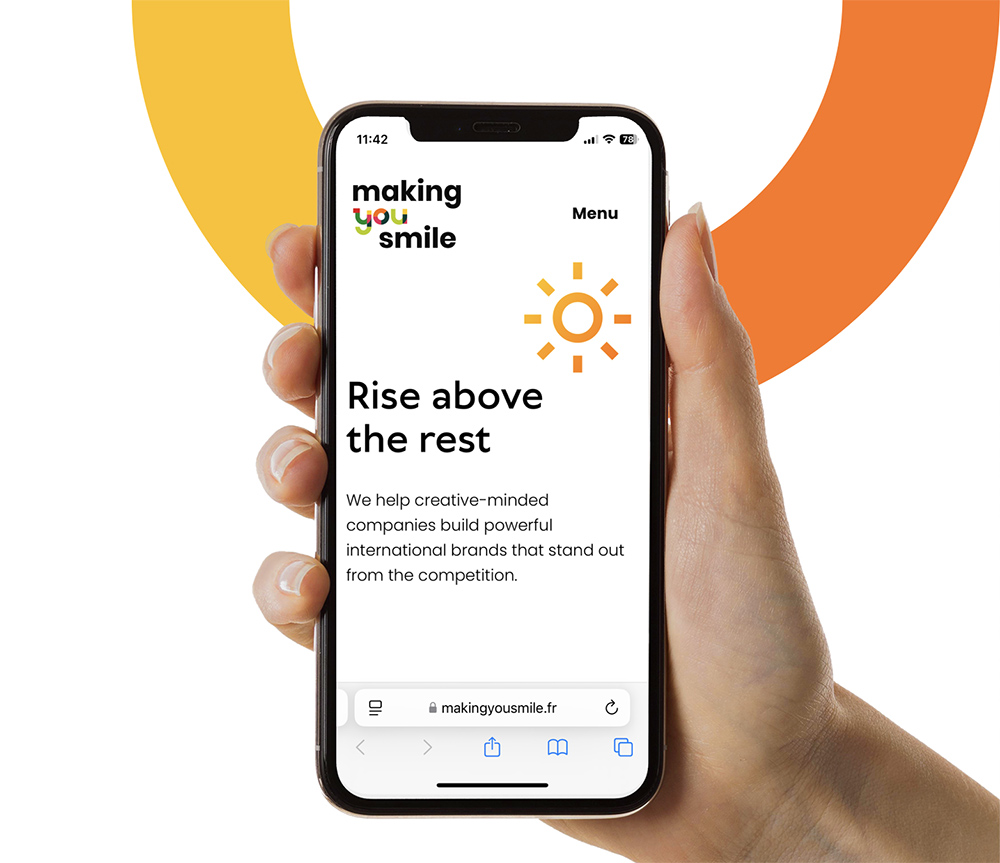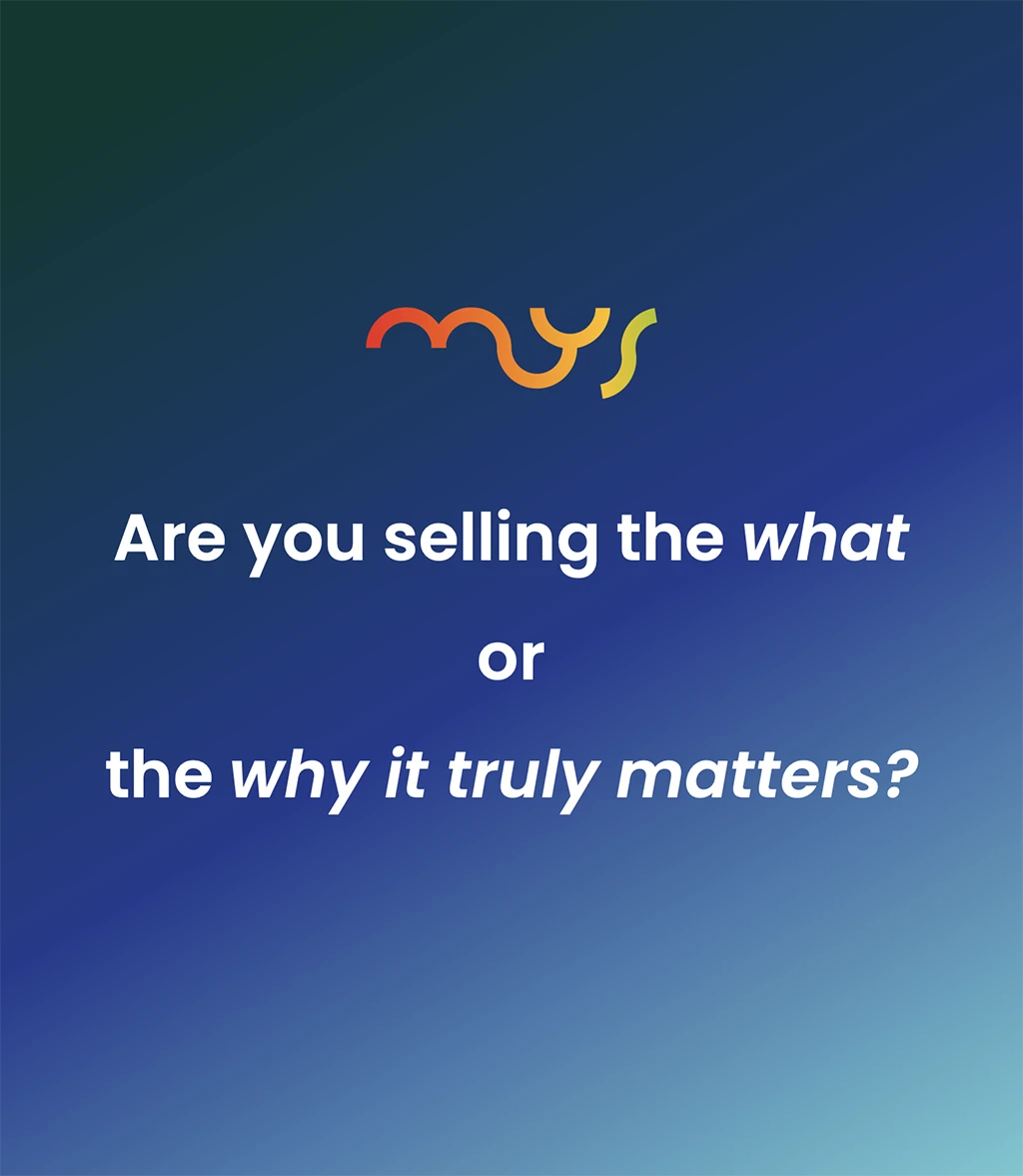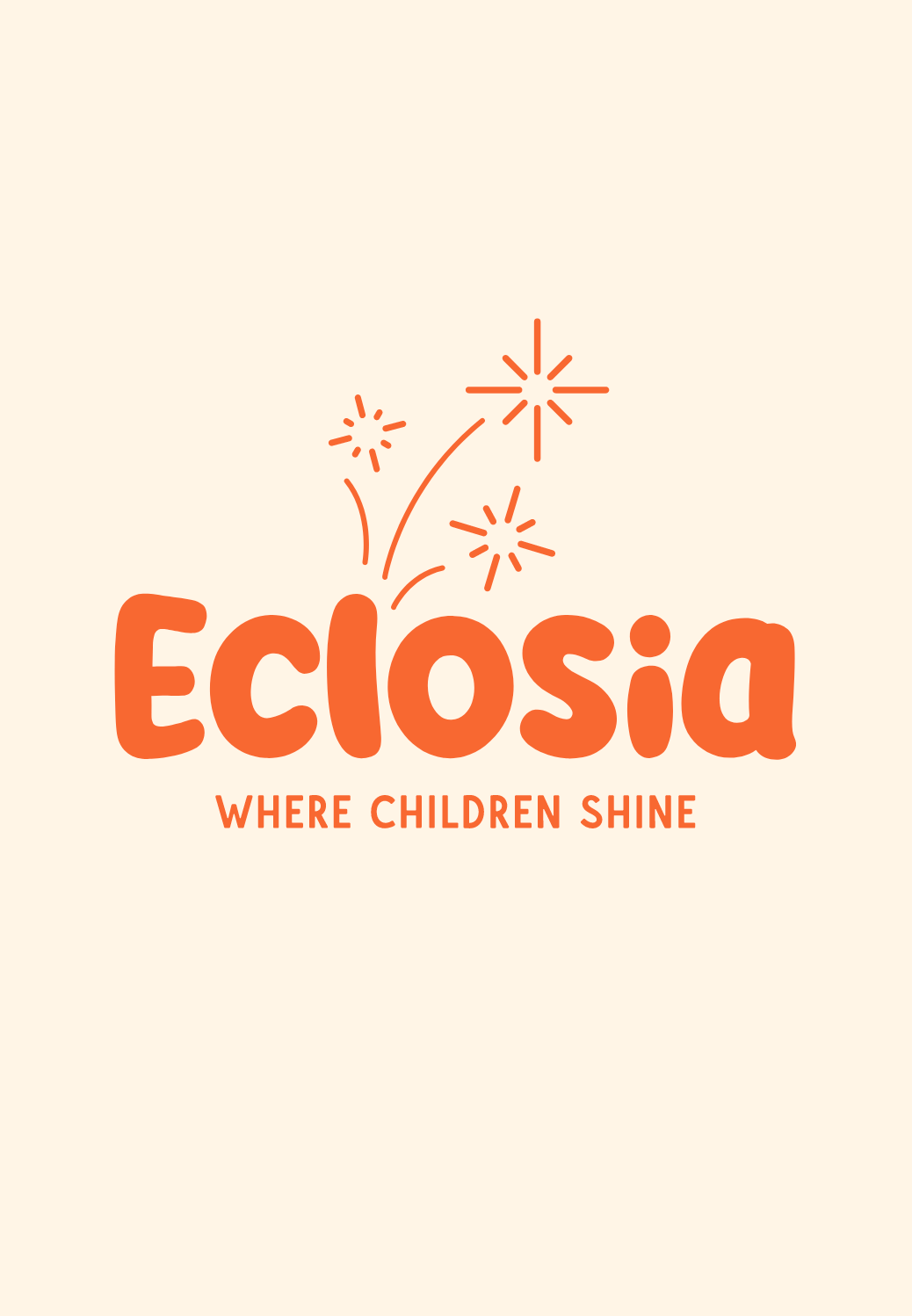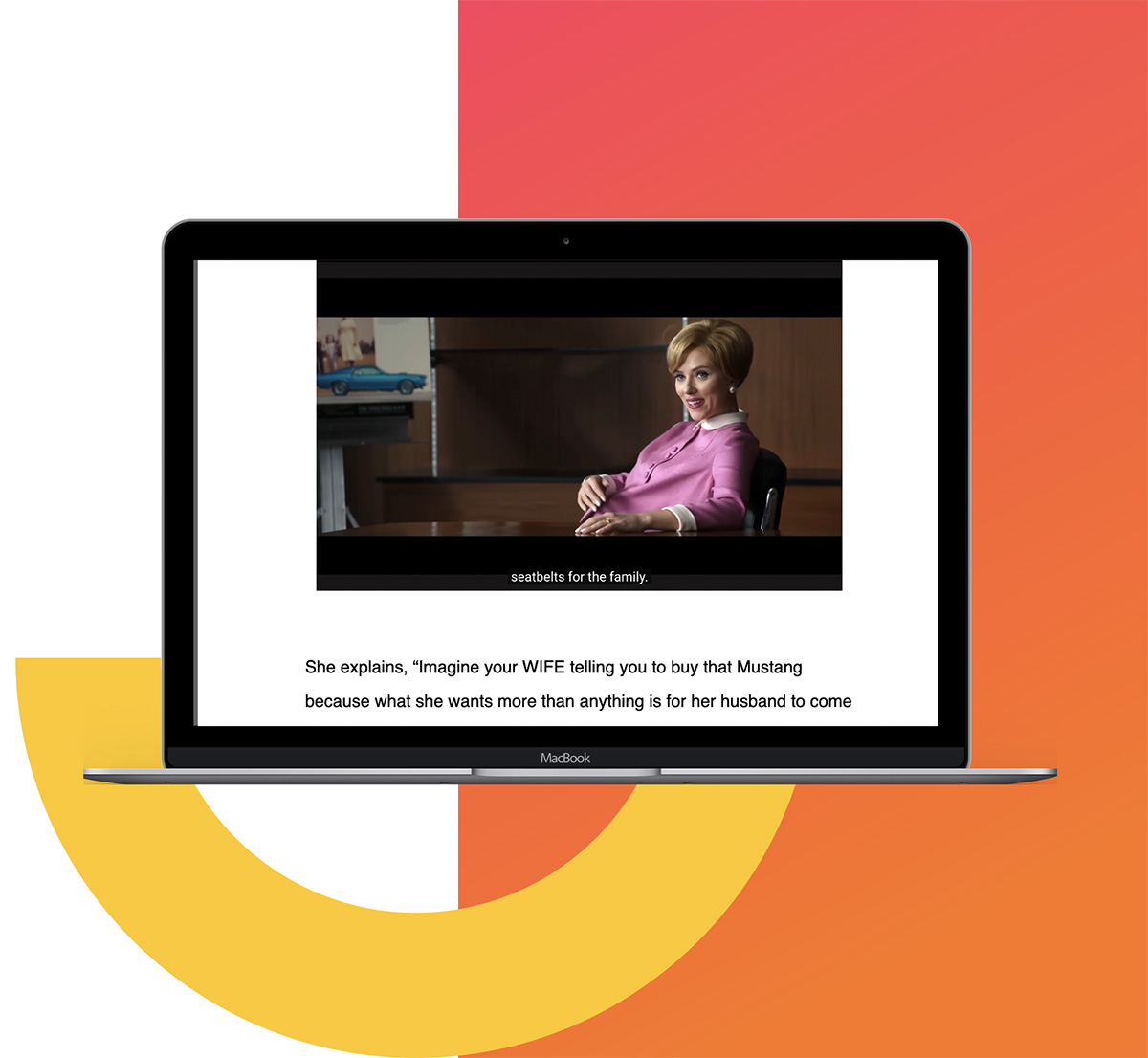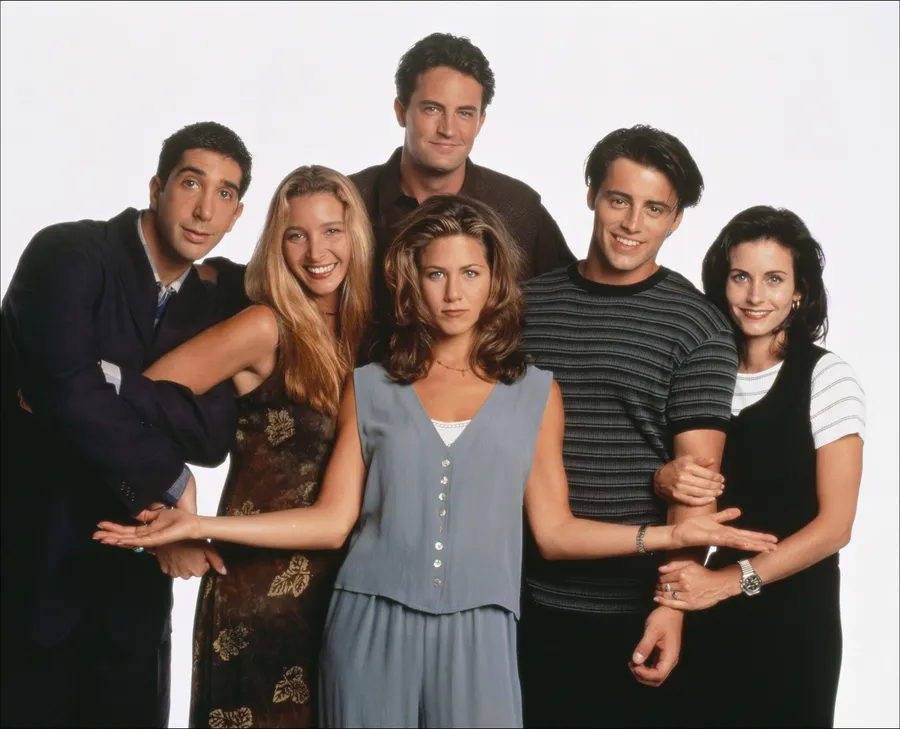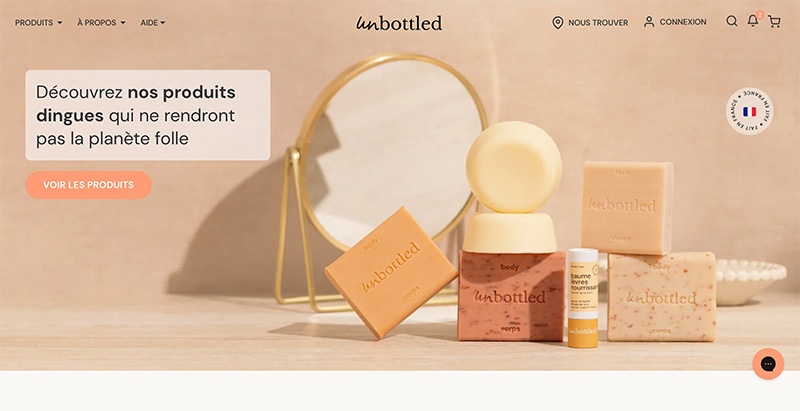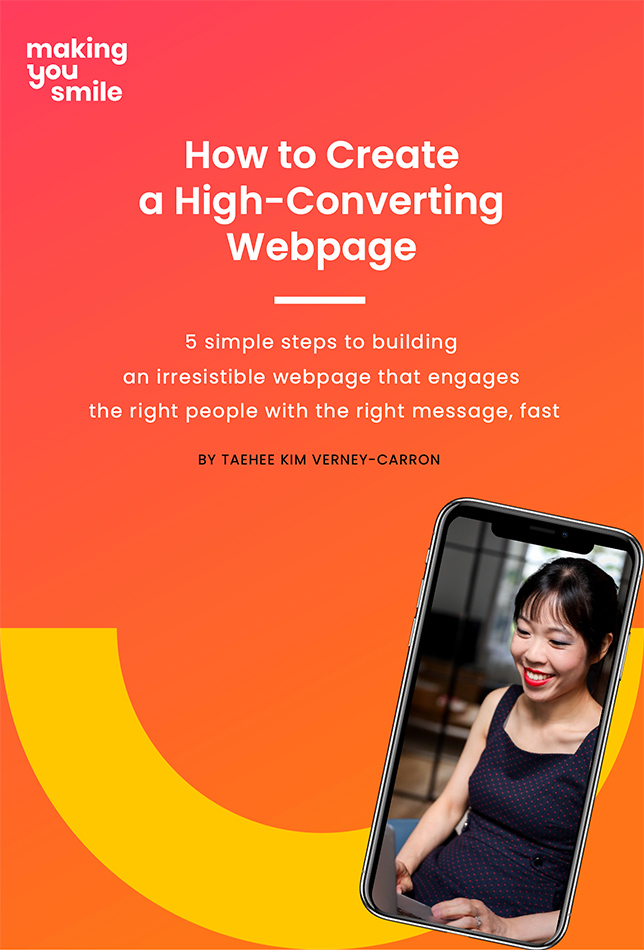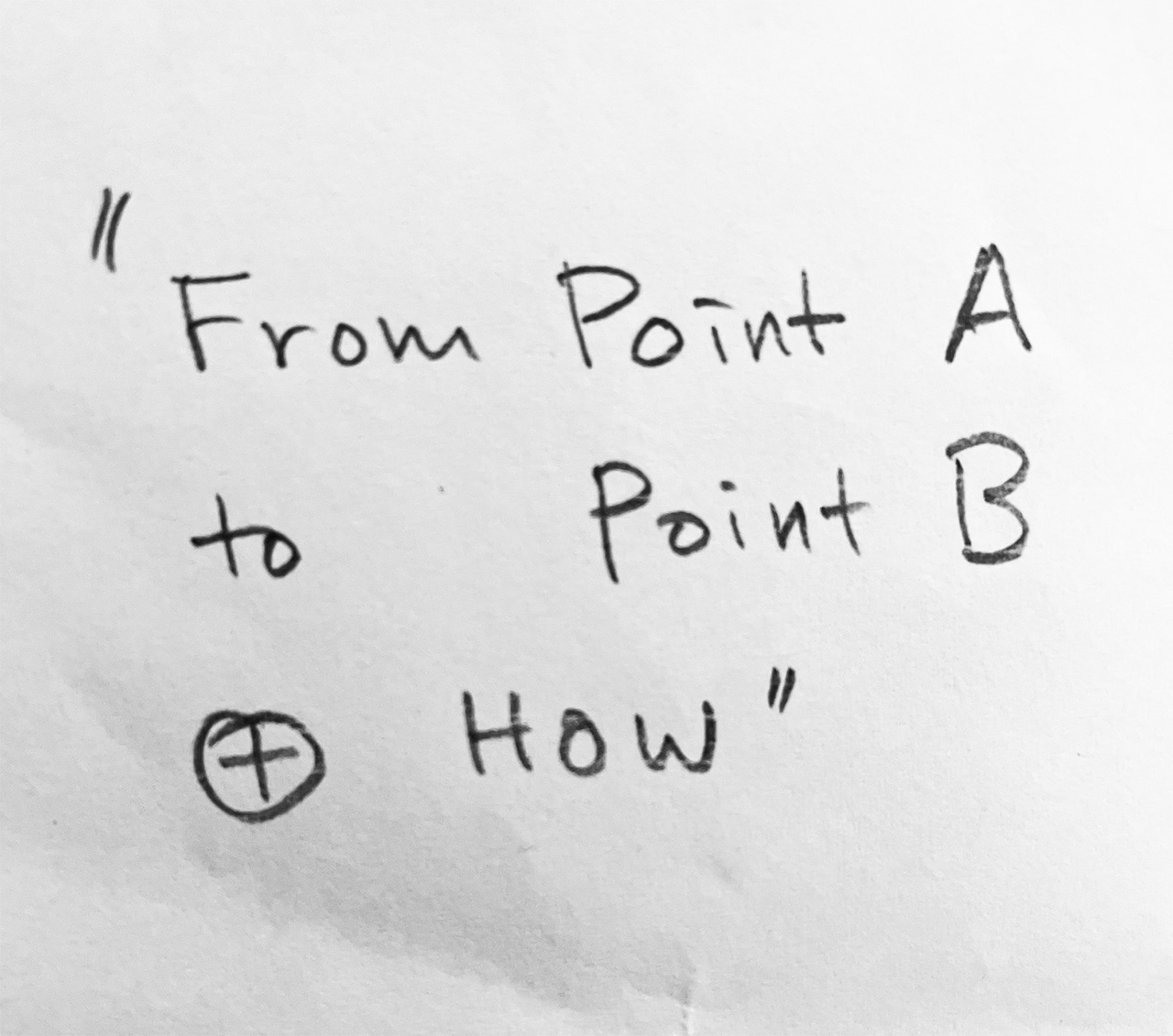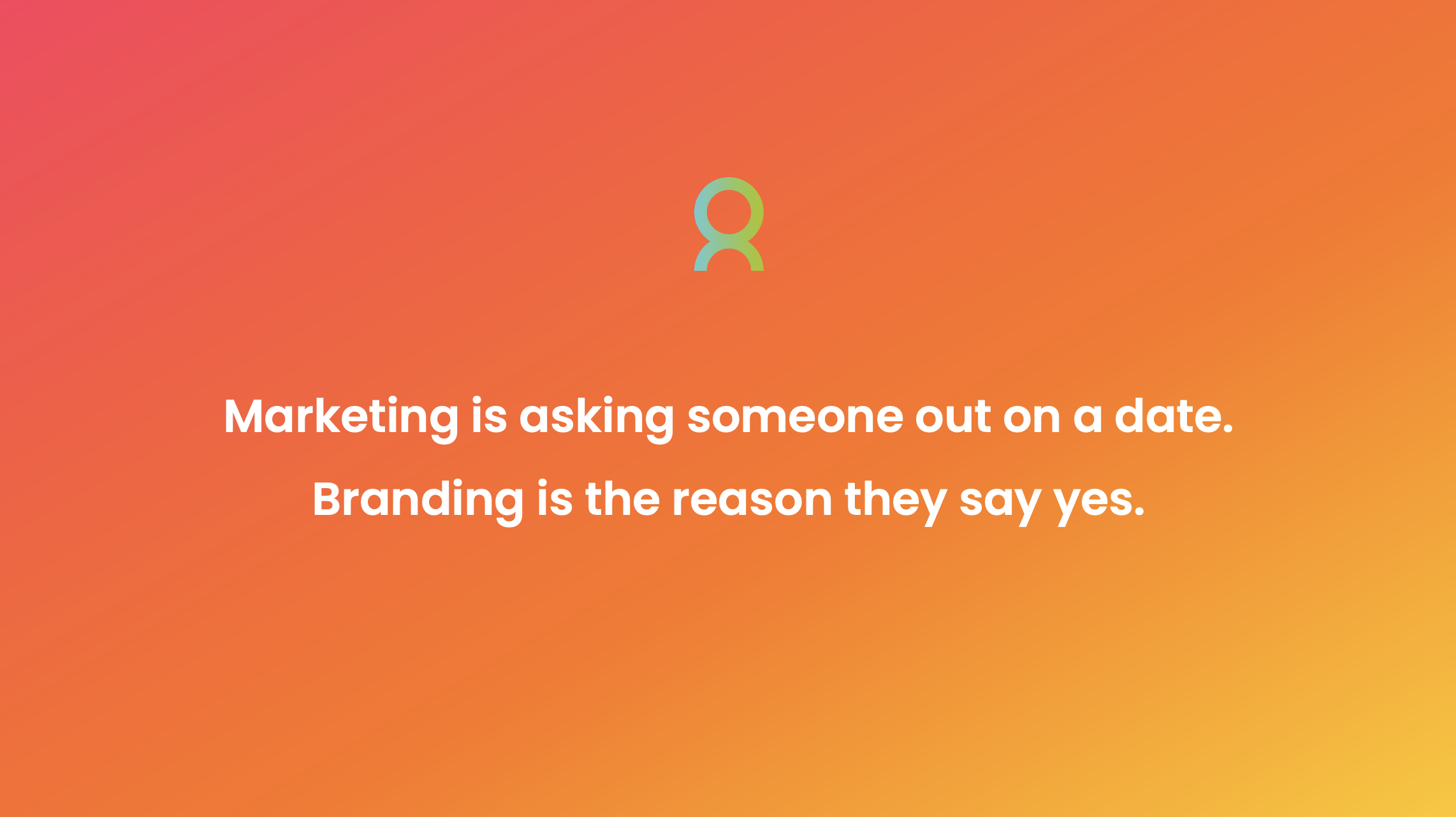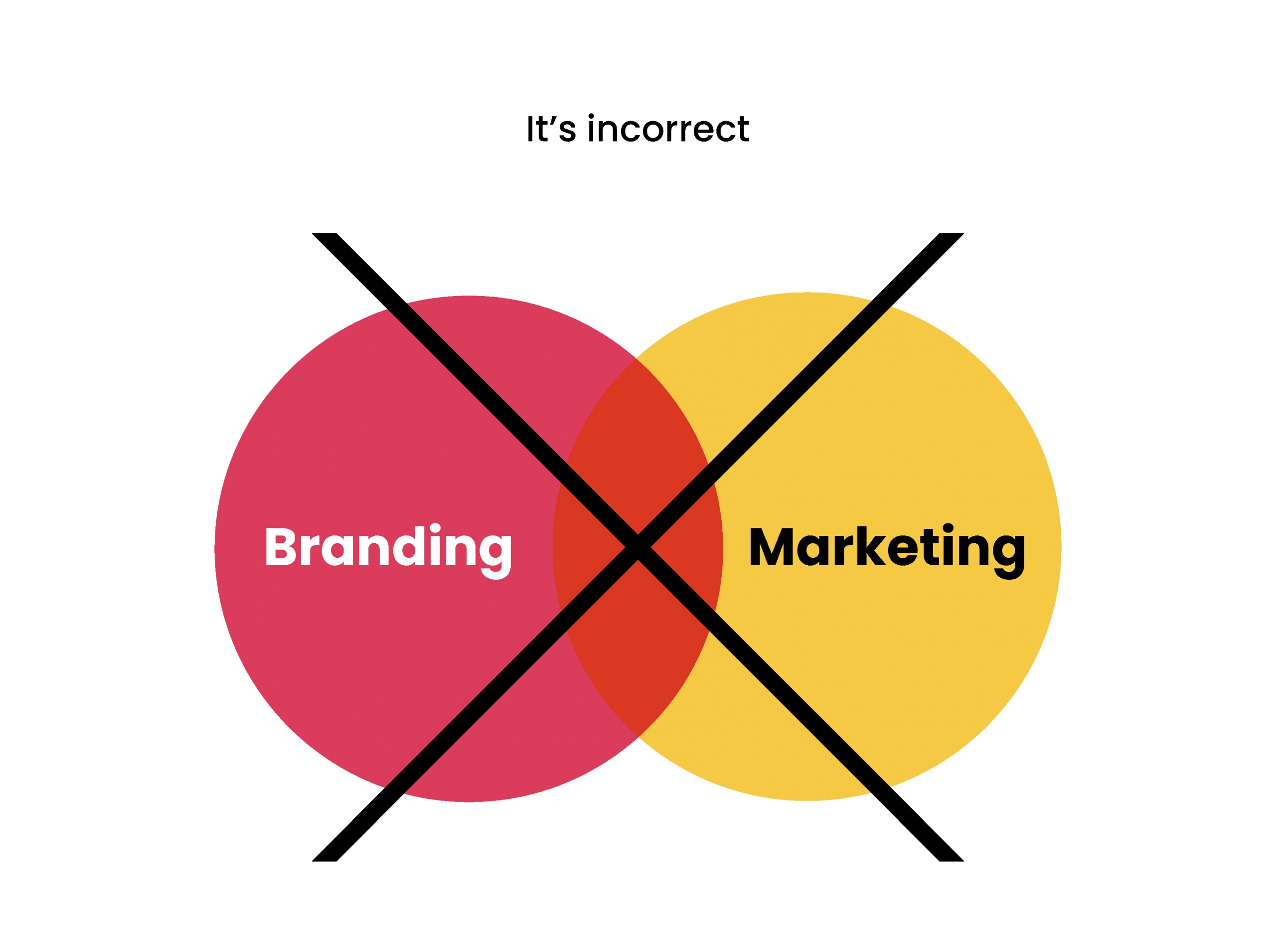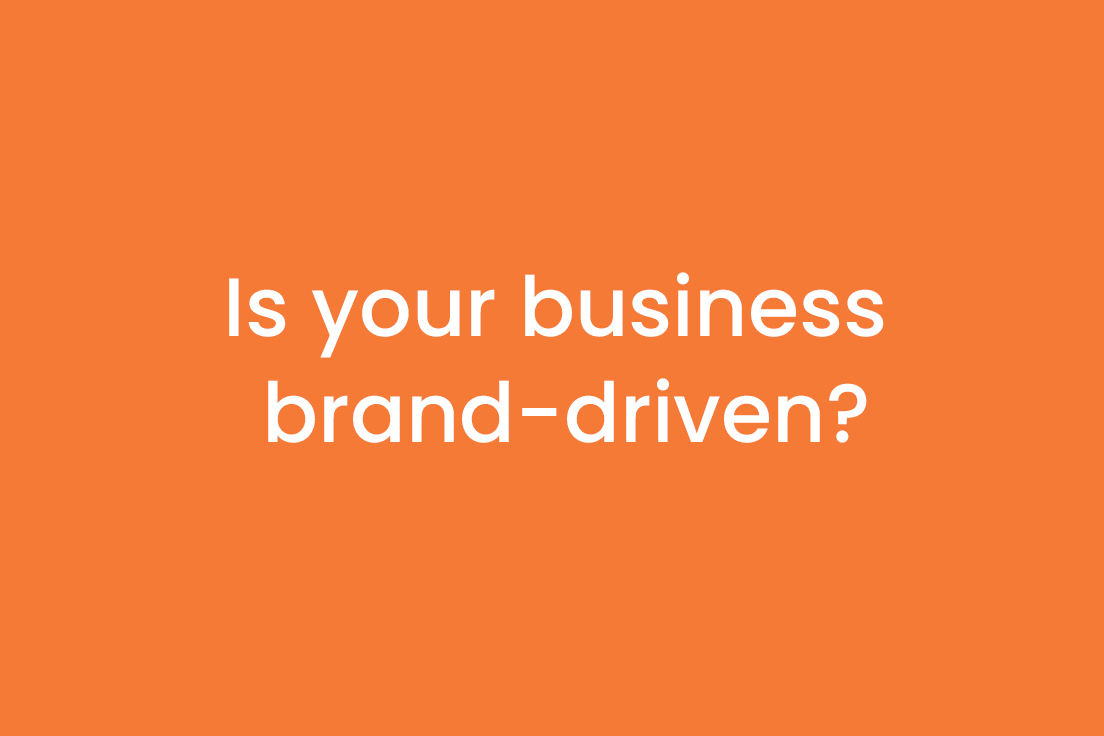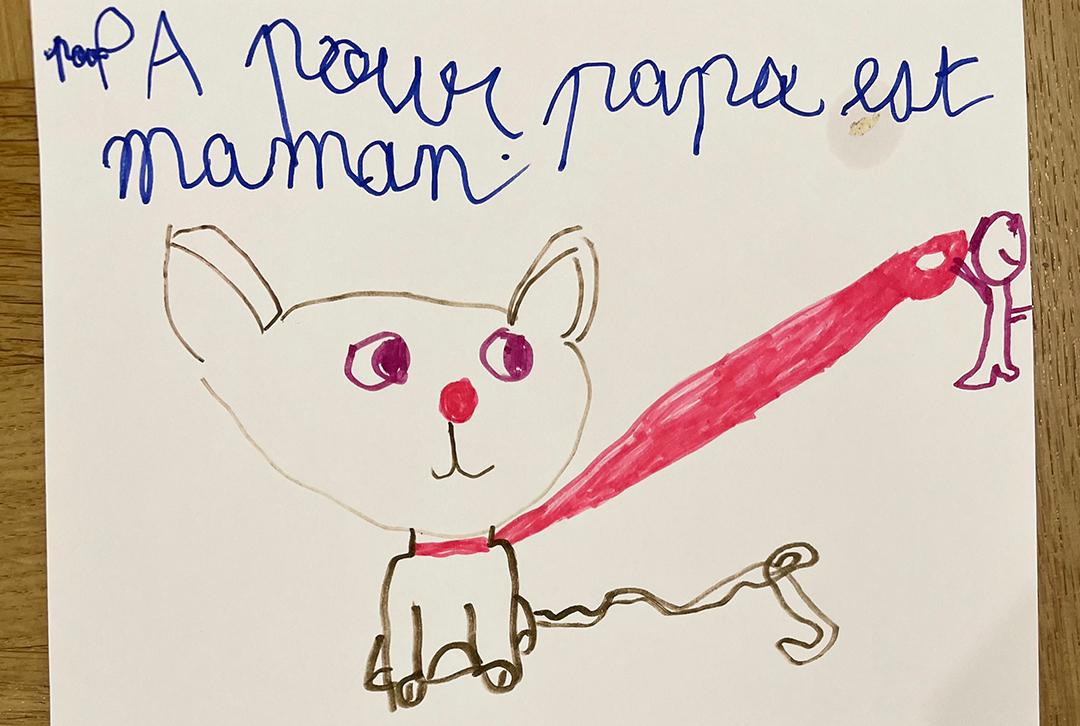Why we’re all desperate
#Branding #Business #Marketing #Strategy #Tips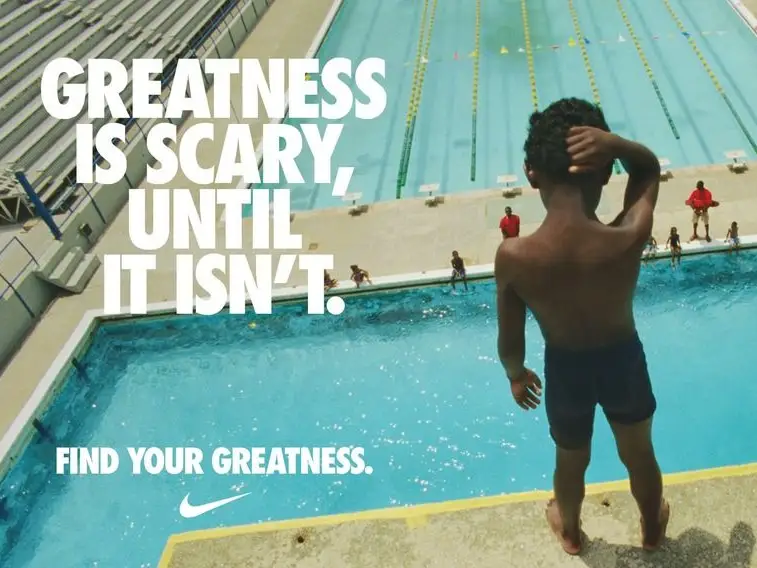
Several months ago, I came across a fascinating finding from a landmark UCLA study revealing that social pain—such as the experience of rejection or isolation—activates the same regions of the brain as physical pain. This suggests that we are biologically programmed to DESPERATELY seek out and maintain social bonds because they are essential to our survival and well-being.
This fundamental need for connection and validation is deeply embedded in each of us, shaping not just our personal relationships but also our behaviors as consumers. This is why brands that tap into this human need for connection create a powerful emotional bond with their audience and flourish.
I’m not going to exaggerate—of course, brands alone cannot fully satisfy this need. Nonetheless, you and your business can still contribute to fulfilling this basic but crucial craving by investing in building genuine relationships with your audience. To achieve that, there are many methods that 'fluff branding influencers' would gush about (perhaps using AI-generated ideas and content). In my case, I’d wholeheartedly recommend these three most basic and easy-to-apply strategies that can still have a huge business impact to any client wishing to foster environments where their people feel understood, validated, and valued.

The MYS family laughing at some 'fluffluencers?' (No - here, we were just goofing around making silly jokes together. 😝)
1. Personalization and human-centered engagement
When a brand or company acknowledges and caters to an individual’s specific needs in a personalized and human way, it offers a form of validation. This can be achieved through personalized content, recommendations, and/or communications that make customers feel cared for. While this may seem obvious, it's often one of the most overlooked aspects by brands and organizations. Do this right, and your ROI will be substantial!
Here’s my real-life example. A couple of months ago, I contacted the customer service of a U.S. e-learning programs provider after struggling to recover my password.
I received a prompt reply from one of their staff, starting with:
"Hi Taehee, I'm Julie. Thanks for your email and for your kind words—and for your patience."
…showing that she actually read my email attentively. Otherwise, I know that she wouldn’t be thanking for my “kind words.”
Besides, Julie provided a very clear explanation of the cause of my trouble and a solution that exceeded my expectations. Beyond helping me recover my password, which was the issue I'd expressed in my initial email, she suggested (to which I eagerly replied, "Oh, hxll yes, please!") manually merging my different accounts and improving the email notification system for me, so I could have a better user experience within their platform.
Julie made me feel like she truly cared about solving my problem. She identified the “true cause” of my pain point I myself had not been aware of and proposed removing it. Throughout the entire process, I felt understood, validated, and respected as a human being, and it made a world of difference because, just like everyone in the world, I crave validation and connection!
2. Honesty and transparency
In a world where skepticism of corporate motives is increasing, authenticity matters. Brands, companies, and celebrities that are transparent about their practices and open about their shortcomings, imperfections, and contradictions can build trust. Personally, I’d already been quite impressed by Arizona Muse, the iconic fashion model turned passionate sustainability advocate, for being a seriously dedicated environmental activist. However, it was in 2019, when I read her declaration, “I am an eco-hypocrite,” published in Teen Vogue, that I transitioned from being a mere social media follower to a supportive fan.

“Here’s a confession: My name is Arizona and I am an eco-hypocrite. I’ve spent much of the past month protesting at the climate strikes in London, but I drive a gas-powered car...I try really, really hard to do my best for the planet. I also fail every single day. I take too many flights; occasionally I get my nails done; there’s plastic on some of the household necessities I buy; I don’t know my exact carbon footprint; and I still eat meat...All of that doesn’t mean I shouldn’t keep trying.”
(Image and text source: www.teenvogue.com/story/arizona-muse-climate-change)
Why does this work? Transparency aligns with our innate desire for honesty and consistency in both personal relationships and interactions with brands or organizations. Our brains are naturally wired to seek similarity because it makes us feel safe. And we are all flawed, paradoxical, and complex beings with no exception because, otherwise, you’re not a human. Contrary to the common misconception that branding must be flawless, entrepreneurs, public figures, or brands that are honest about their imperfections always win people’s hearts more effectively. (And that’s smart branding and storytelling—paradoxical again!)
3. Purpose-driven initiatives
Brands that take a stand on social, environmental, or cultural issues can offer customers a way to express their own beliefs and values through their purchasing choices. When a brand's purpose aligns with the values of its customers, it allows them to feel part of something bigger than themselves, satisfying both the need for validation and belonging.
Brands like Patagonia, which advocates for environmental sustainability, or Nike, with its "If you have a body, you’re an athlete" ethos, have cultivated cultures where loyal and enthusiastic fans feel a deep sense of belonging (, leading them to return and make repeat purchases). This is also why we, at Making You Smile, have proactively helped many companies define a higher brand purpose. I’ll be dedicating a full article to this important topic soon, so sign up below to be the first to know when it’s released.
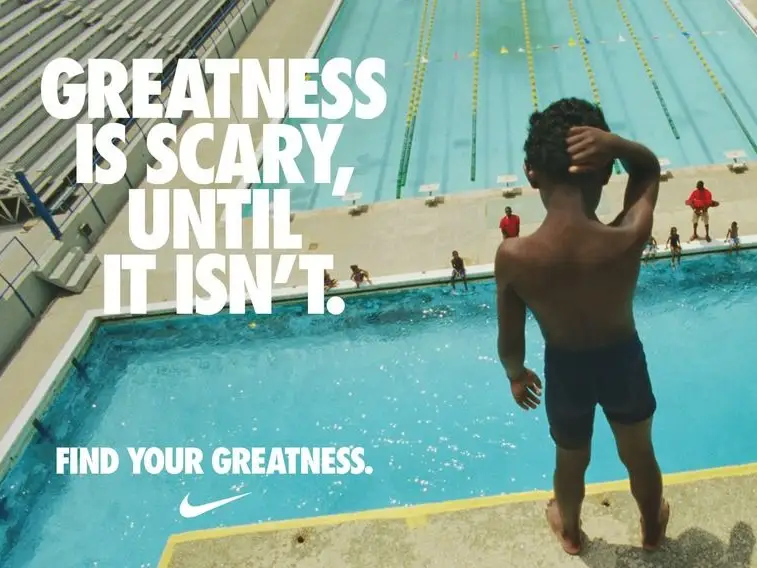
Nike, 2012. I personally and deeply believe that overcoming one’s fears is one of the most essential and universal yet under-discussed challenges every human being faces at every stage of life. Nike gets it just right.
(Image source: Business Insider)
In conclusion, it’s all about being human. The brands that make a lasting impact are the ones that make their audiences feel truly understood and valued. Let’s continue striving to build human-centric brands and businesses—because, at the end of the day, what matters most is trust. And that’s key to success in both life and business.
PS. I’m thrilled to share this brand new customer testimonial about Making You Smile’s work: “You stood out for your ability to transform our complex high-tech company into a clear, simple, and appealing brand. Even my wife finally understands what we do!”
– Marco Selva, CEO, Ferris Solutions AG
👉 Reach out to us to discuss how we can work together to achieve similar results for your business.


